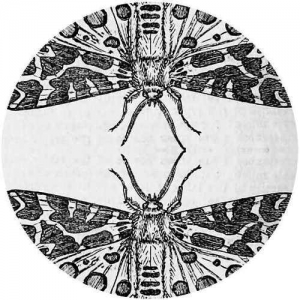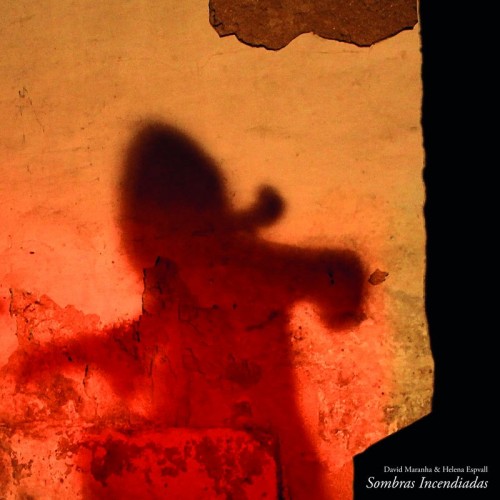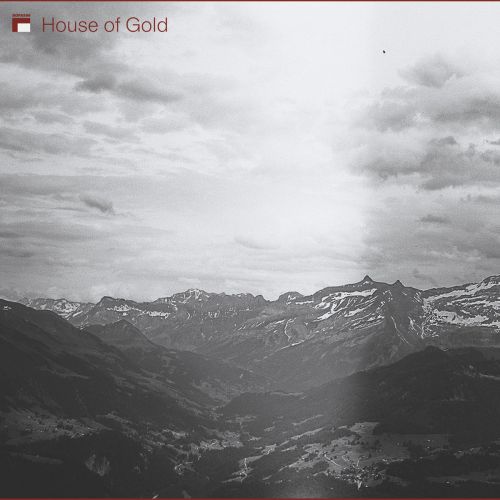 Metal isn’t a particularly progressive genre, in a lot of ways; for all the fluff that people throw at it, musicologically speaking, it’s rarely divested itself of fairly conventional tonalities, regular 4/4s, flattened out timbres and limited melodies. I appreciate that’s kind of “the thing” that makes metal and as someone who doesn’t really like metal it’s unfair for me to tar it with that brush; but I’m pretty confident that the conservativism of the music is a parallel to the sexism in the culture.
Metal isn’t a particularly progressive genre, in a lot of ways; for all the fluff that people throw at it, musicologically speaking, it’s rarely divested itself of fairly conventional tonalities, regular 4/4s, flattened out timbres and limited melodies. I appreciate that’s kind of “the thing” that makes metal and as someone who doesn’t really like metal it’s unfair for me to tar it with that brush; but I’m pretty confident that the conservativism of the music is a parallel to the sexism in the culture.
Cat in the pigeons intro, check.
The set-up is important though — Jute Gyte (solo project of one Adam Kalmbach) has signifiers that are perhaps equal parts Xenakis to Xasthur. The opening track on this (“The Sparrow”) is an exercise in stacked microtonal intervals — so while the riffs are rhythmically fully black metal, the (presumably) artificial intervals between the stacked guitars are deeply disconcerting. He doesn’t quite abide by typical rhythmical cycles, so there’s a few sustained periods of surprisingly over-exteneded racket.The press flah lists a bunch of influences, most of which are about cock on (a rarity in itself) — Partch, Xenakis, Penderecki, Coates — all masters of unsettling tonalities (well, early Penderecki was) with an eye for suspense and distraction. (Wee plug — Gloria Coates probably isn’t as well known as t’others, but she’s very much worth your time).
I feel like I’m not doing a good job of describing this, partly because it’s incredibly familiar — it sounds like black metal — while also being entirely nothing like metal. It’s those alien tonalities, and the clarity of the recording, which really sets your teeth on edge.
And if this all seems a bit academic, it probably is — the sound is the thing, and the sound is often fucking disgusting. There are moments of tenderness, of parity and space, and moments of suspending sentiments for just long enough to be gnawing; it’s not clear how “systems” this is — I guess the romantic element would suggest it’s according to taste — but it’s clear that there’s a lot of thought gone into the structure, weight, tempi (etc) of this.
Basically, this is entirely worth your time and I really can’t recommend it enough. Whack some glue on your fillings and strap in.
-Kev Nickells-


